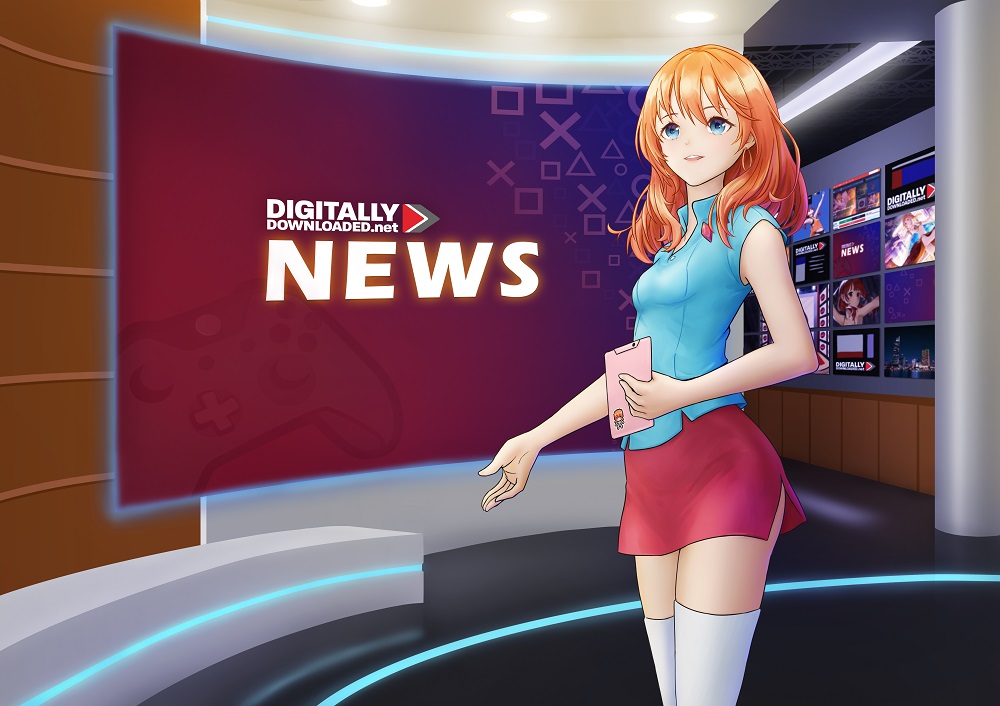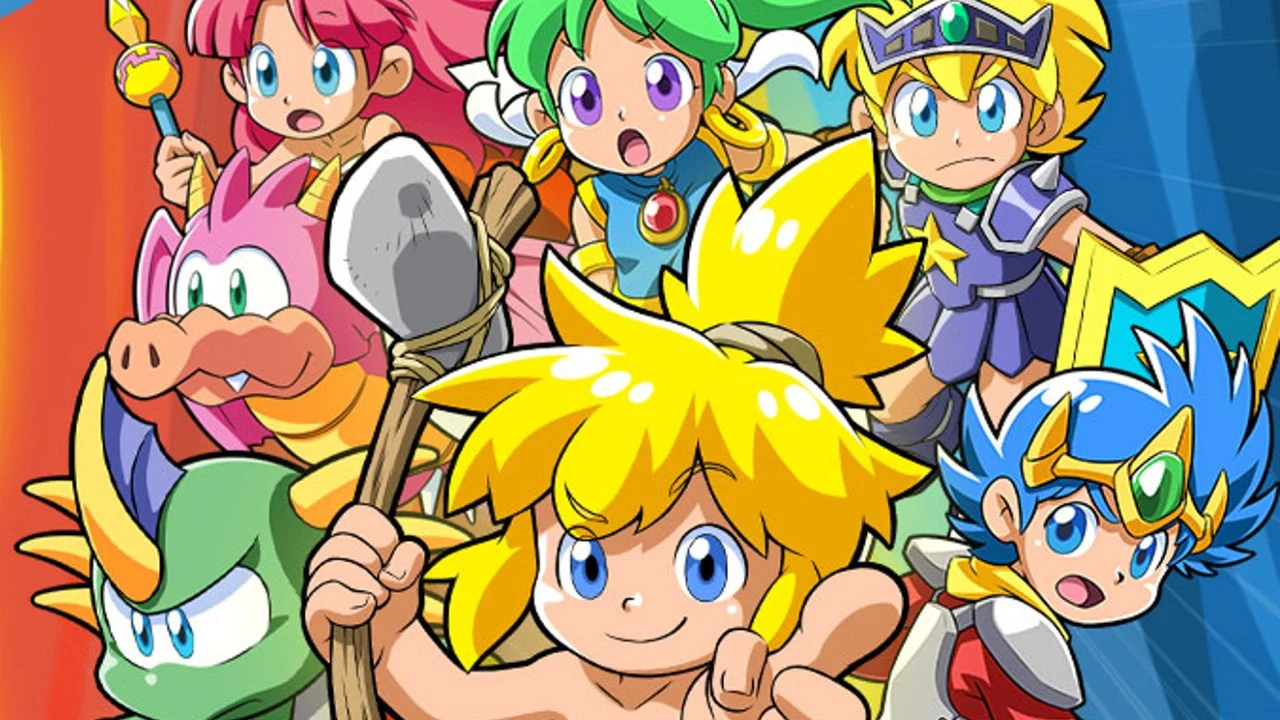Today, the Australian Minister for the Arts, Tony Burke, announced the Revive National Cultural Policy, which outlines the new(ish) Labor government’s position on the arts and the investments that it will make as part of that. Buried within it is some support for the games industry, but calling it a “bare minimum” would be generous.
As with just about everything this Labor government does, the National Cultural Policy is an awful lot of words to describe something that is certainly better than what the previous arch-conservative government did, but not nearly enough to call it “inspiring”. The 116-page document (I don’t recommend you read it, as it’s exhausting to wade through all the words to try and figure out what Labor is actually going to do) does set out some perfectly worthwhile goals, including better engagement with First Nations people and their deep artistic heritage, better protections for artist incomes and efforts to protect them from nasties like sexual harassment, and the formation of several new government bodies to promote musicians, authors and more. At a foundational level, there’s nothing wrong with any of those goals, except that overall Australian arts are so far behind the pace that it really needed more than the bare minimum to be adequate.
The video game industry is a good case in point. Within that 116-page document was one financial commitment by the government – a $12 million investment to support small-to-medium-sized independent games. This is effectively the return of the investment that the previous Labor government offered. That fund was great. It is the reason that we have Armello. I still play Armello to this day. So I’m not discrediting the concept of the thing, but $12 million isn’t even a drop of water in the vast ocean, and while it might help fund the next Armello, it’s not going to address the structural issues facing game development in Australia.
The Labor government is also crooning about the Digital Games Tax Offset (DGTO), which was actually announced by the previous government in bipartisan agreement, and it will help boost larger-scale projects (basically, it’ll be used by the big publishers to set up small R&D or QA facilities in Australia). That tax offset is also a good idea, and it may help grow the local industry by helping to develop and retain talent in Australia, but it was already happening anyway and Labor doesn’t get to take credit for it.
Again, so much more could be done. IGEA, the local games industry body, is very diplomatically celebrating today’s announcement. As its CEO, Ron Curry, said in a press release: “Not only is IGEA and the games industry celebrating the funding and further commitment from the Albanese government for the development sector, but we are also delighted to see games positioned within the broader national cultural, screen and creative industries. This commitment recognises that Australian game developers have an essential role to play in the digital delivery of stories to local and international audiences.
“We look forward to reading more details on the fund and will work with the great team at Screen Australia to educate the industry on accessing the support.”
The games industry needs so much more to develop into a true Australian art industry. Incentivising big studios to set up support developers that work on overseas games isn’t building artworks that Australia can take to the world. Helping independent developers create a game is great, and many of those games will be uniquely Australian, but some of the developers of the most successful games from the last round of funding are no longer with us. It doesn’t help the long-term stability of creative work in the Australian game sector.
What we actually need is real support and a concentrated effort to build Australia’s games industry as a distinct and unique voice quite unlike anything the rest of the world offers. When people in the US, England, Brazil, Japan, China, Kenya, or wherever else can look at a game and can tell, instantly, that Australians developed it and that it represents Australia, then the government has done the right thing through its support of the industry. The government just published 116 pages that won’t achieve that, because what the government is actually doing is simply throwing pocket change at the sector, and that’s not enough.









